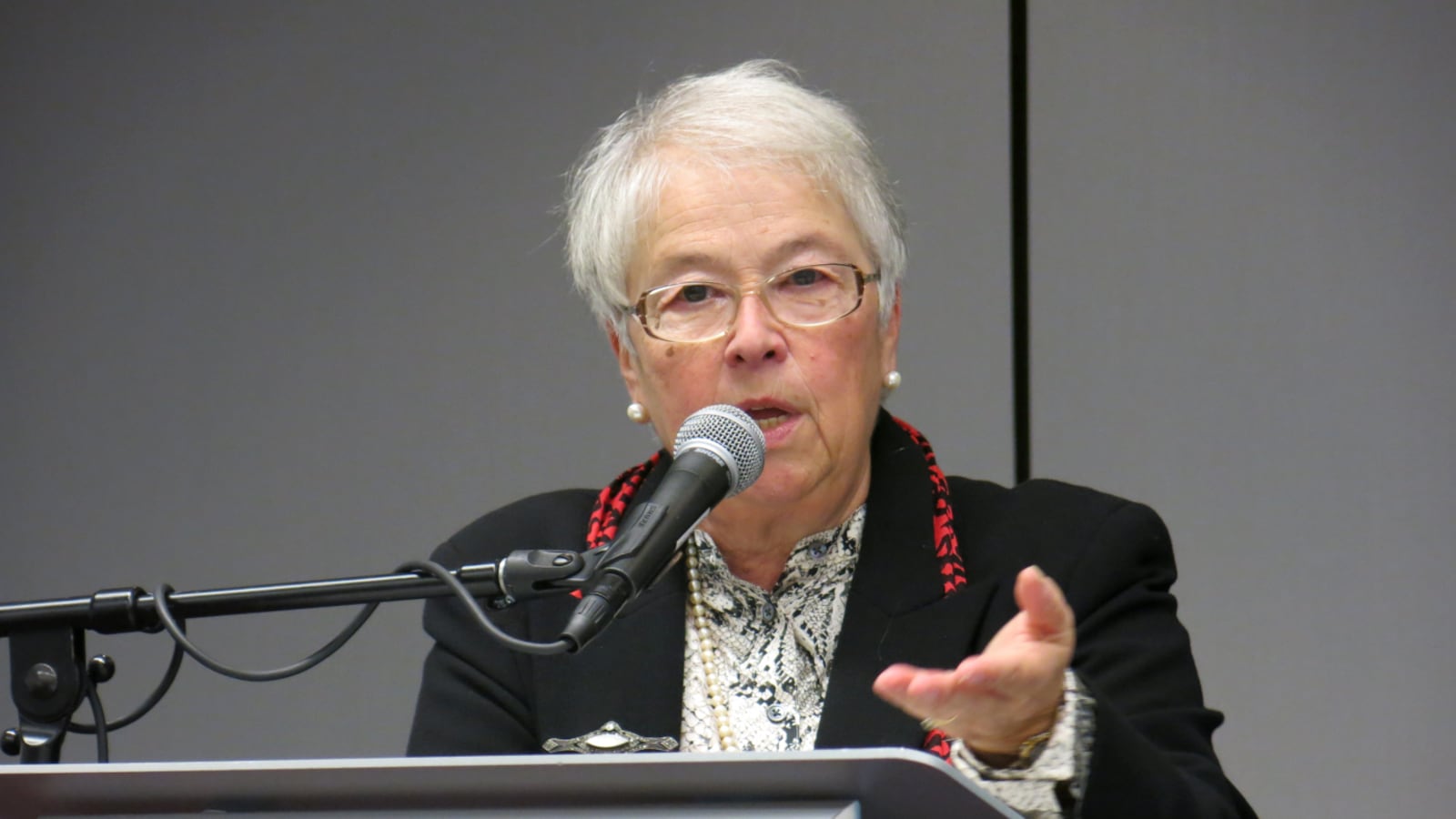Small struggling schools that fail to improve may be merged with other schools, Chancellor Carmen Fariña said Wednesday when discussing her new plan to rescue more than 90 of the city’s lowest-performing schools.
Officials had already warned the 94 schools in the turnaround program that if they do not achieve certain improvement goals after three years of intensive support, they could be combined with other schools, split into smaller academies, or closed. But Fariña made clear Wednesday that she was eyeing schools with very few students as potential targets of consolidation.
“There’s such a thing as schools that are too small, because you don’t have enough support services,” she said during a talk hosted by Manhattan Borough President Gale Brewer, adding that it was unclear how a school with 120 students, for example, could “survive.”
One of the Bloomberg administration’s signature education policies involved closing large high schools and replacing them with small schools. After a recent study found that some of those small schools sent more graduates to college than other schools, proponents called on Fariña to endorse that approach.
Fariña did not comment on the study, but her remarks Wednesday suggest that she does not believe that a school’s small size guarantees success. The de Blasio administration has made that point before: When it reviewed and ultimately cancelled a few previously approved co-locations in February, one of the factors it considered was whether a planned school would be big enough.
“Very small schools under 250 students may have difficulty providing the range of support needed to serve our students effectively,” an education department spokesman said at the time.
On Wednesday, Fariña also tried to tamp down expectations about the new improvement program, dubbed “school renewal.”
“Not all schools are going to come out a shining star,” Fariña said.
Fariña also suggested that another way to turn around low-performing schools is to send them experienced principals, as recently happened with Brooklyn’s Boys and Girls High School.
After the long-struggling school’s principal abruptly left his post last month, the city appointed the longtime leader of another Brooklyn school to become Boys and Girls’ new “executive principal.” That position, which comes with a $25,000 bonus, was created under the Bloomberg administration as a way to draw veteran principals to troubled schools.
Fariña suggested that the city and the principals union are currently discussing a similar plan to pull seasoned principals to struggling schools as part of the ongoing principals union contract negotiations. The new contract could allow “a principal that’s willing to take a new challenge but already has a good track record [to] move from one school to another,” Fariña said.
That, she added, “is not a bad way to go.”

